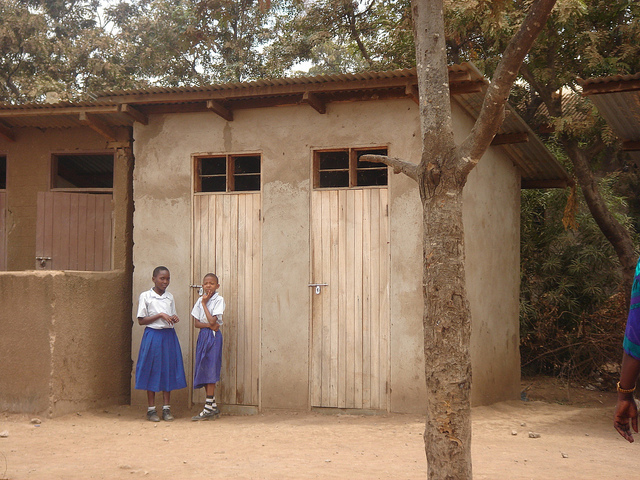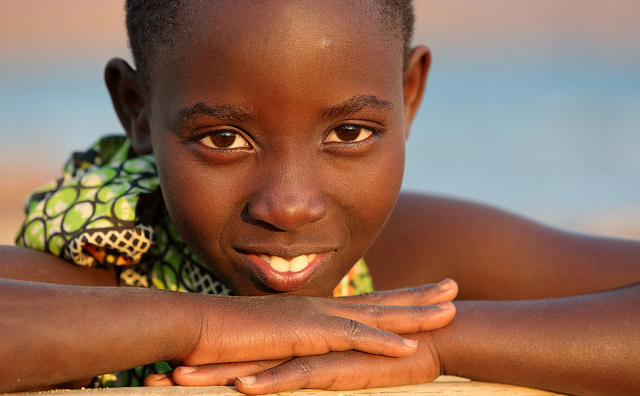Two news stories last week highlighted the challenges involved with educating children raised in Sumbawanga, the major city of Tanzania’s Rukwa Region and the traditional heartland of the Fipa people.
The first article, published by the Daily News from Tanzania on January 15th, described the concerns officials have for the fact that local parents appear to be keeping their children out of school. Magalulla Saidi Magalulla, the Rukwa Regional Commissioner, has threatened to arrest parents who prevent their children from attending school.
During a trip to Sumbawanga, he visited some schools and learned that 90 children in three of them had not yet started coming. He warned parents that the president of Tanzania, John Magufuli, has emphasized the importance of providing free education for children. The Regional Commissioner warned parents that excuses will not be accepted. Even students who don’t have uniforms are required to attend school, he declared.
He added that he was concerned when he heard reports that the headmasters of some primary schools were refusing to accept students who don’t have the proper uniforms. He said, basically, that the children must be educated.

A second story in the same newspaper on the 18th focused on one of the possible causes of a lack of attendance at the schools: inadequate, or non-existent, toilets. The head teacher at the Chipu Primary School in Sumbawanga Municipality, Mr. Arord Mkwama, admitted in an interview with the press that the situation has served to prevent children from attending the school.
The 1,045 students at his school are forced to relieve themselves in the shrubbery around the building. The paper questioned the staff and found that four out of the nine apartments provided for the staff also do not have toilet facilities. The paper quoted a parent, who is keeping his children away from the school, as saying, “we (parents) have decided to stop our children from attending classes until latrines are built. It’s embarrassing and discomforting when pupils and their teachers lack sanitary facilities.”
Other parents whom the news reporter spoke with said that their children were forced to return to their homes to relieve themselves. One parent claimed that the girls were suffering from urinary tract infections due to the situation. She said it embarrassed her to see children running from the school to seek privacy in the bushes during the school day.
The village chair, Mr. Deus Masanja, said that the villagers had contributed 35,000 bricks for the construction of the school toilets, but he suggested it might be wise to close the school temporarily until the new sanitary facilities can be built. The reporter did not indicate whether or not the village authorities in Chipu had mentioned the problem to the Regional Commissioner during his visit to Sumbawanga a few days earlier.

Historian Kathleen R. Smythe wrote an article about the importance to Fipa girls a hundred years ago of getting an education. Prof. Smythe did not mention difficulties such as providing proper sanitation to the school run by a mission in Karema, a settlement slightly to the north of the traditional Fipa territory on the shore of Lake Tanganyika, but it was clear from her study that many Fipa parents in the area did send their children, including their girls, to the mission school with some enthusiasm.
Prof. Smythe found that the missionary sisters required the girls to help with their share of the work around the school, such as doing the laundry, hauling water, gathering firewood, and helping raise and preserve foods. The sisters felt that hard work was an important aspect of their educations. The scholar did point out that boys at the school received better educations than the girls did. However, since many of those Fipa girls did not have parents, life at the school was probably the best option open to them.
Also, Smythe suspected, the fact that the missionary teachers at the school were women may have encouraged the Fipa girls. One missionary father wrote in 1919 that the major use the girls seemed to be making of their newly learned literary abilities was to write love notes. He grumped that he was not able to suppress that practice.
The news about education for Fipa girls does not end a century ago. In March 2013, Ms. Salma Kikwete, at the time the First Lady of Tanzania, traveled to Sumbawanga to visit a school. She told the 1,000 girls enrolled there about the importance of their getting an education. She urged them to consider education as a better choice than getting pregnant. She told the students that while they may not have the support of their parents, and while health and poverty may be problems for them, nonetheless they can fulfill their dreams by focusing on their studying.
To judge by the comments quoted by the Daily News last week, at least some of the Fipa parents of today agree with the perspective of Ms. Kikwete about their children—so long as the schools are safe and healthy for them. However, other parents may not be as enthusiastic about their children getting an education, presuming the report by the Regional Commissioner is accurate.